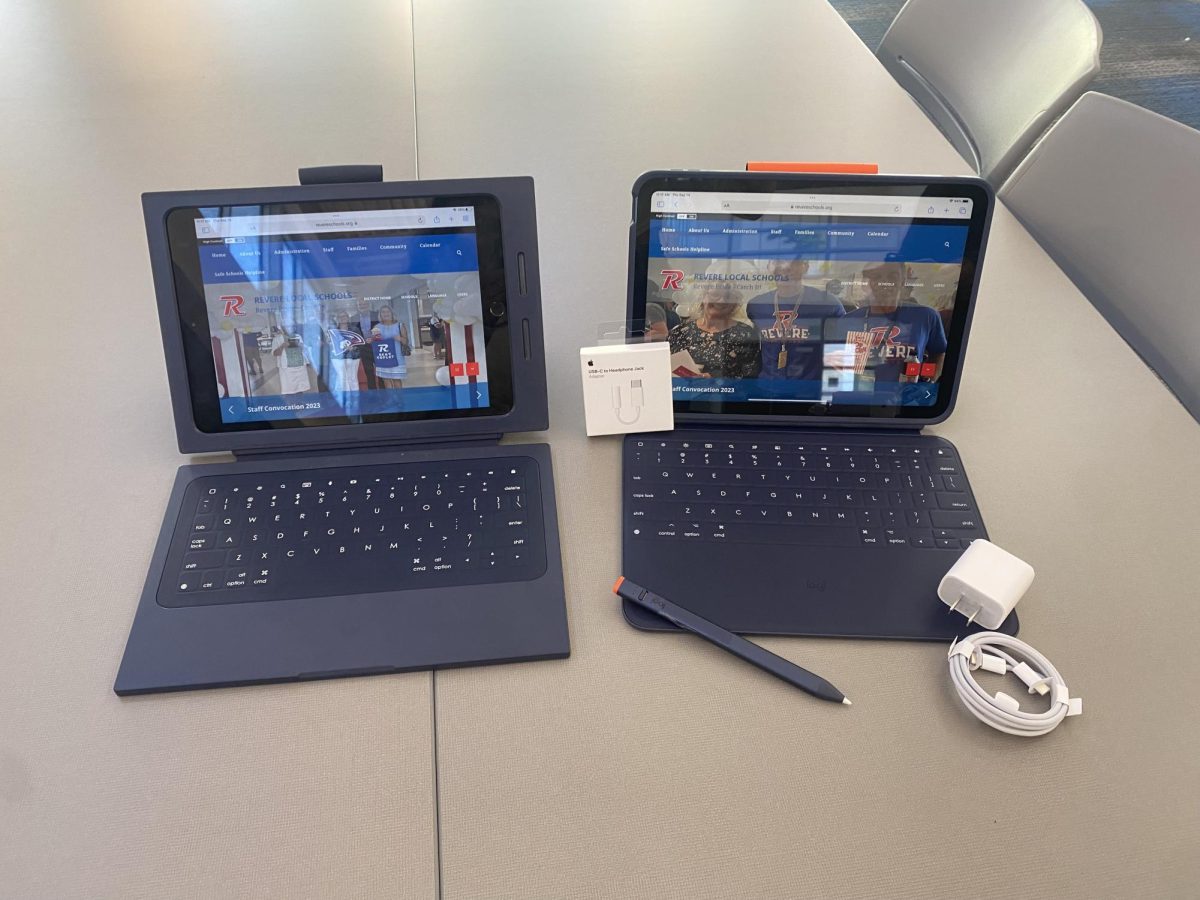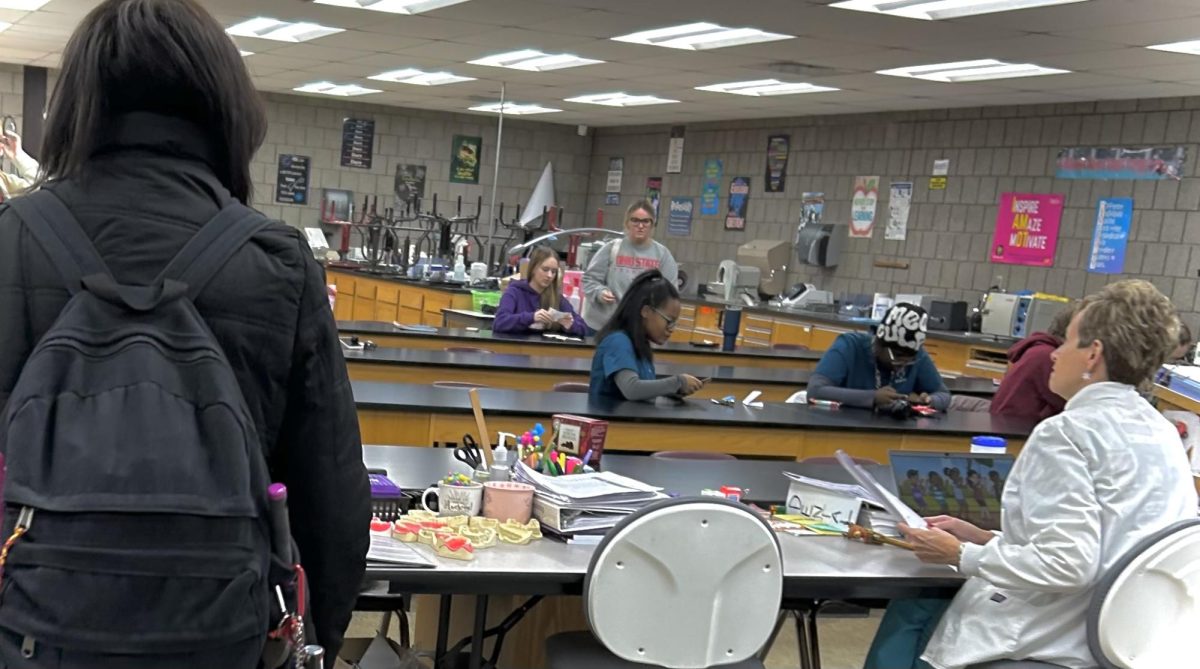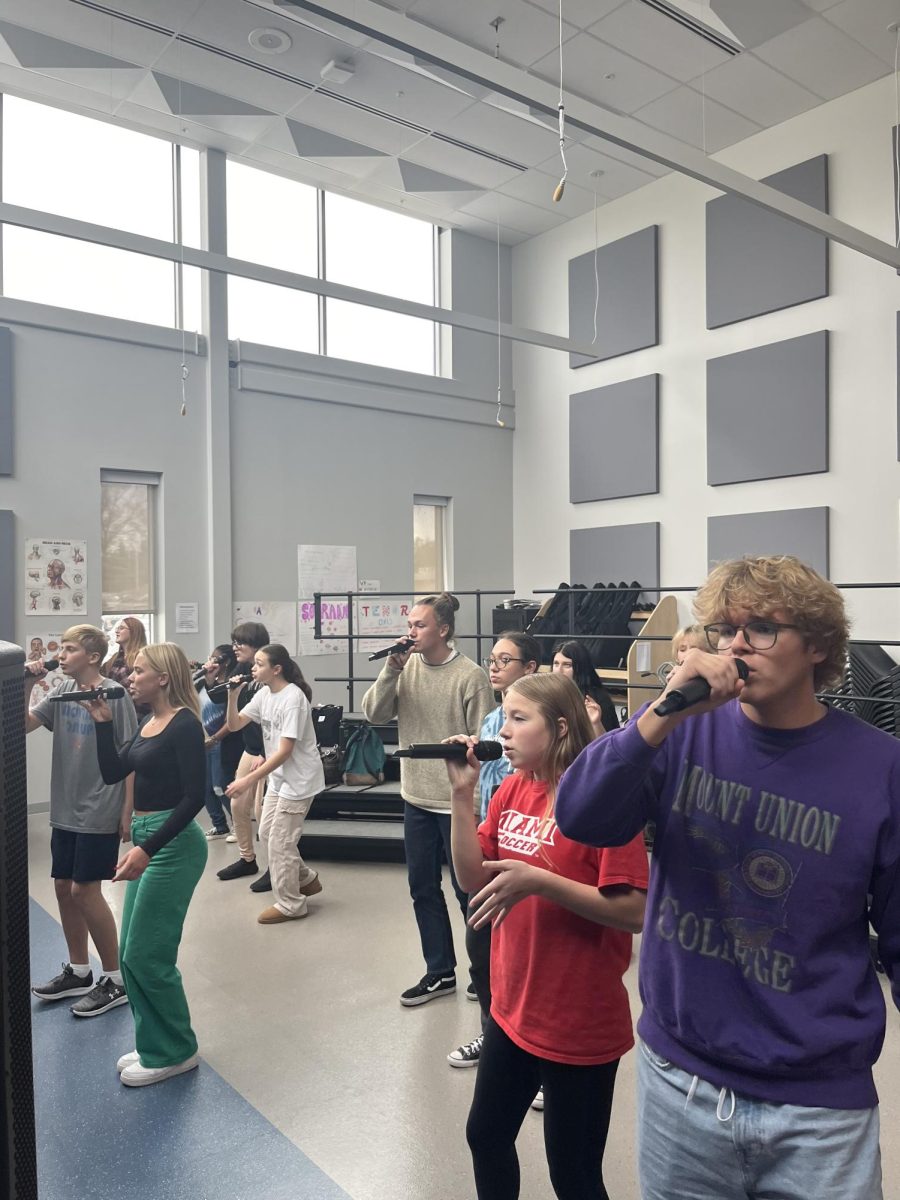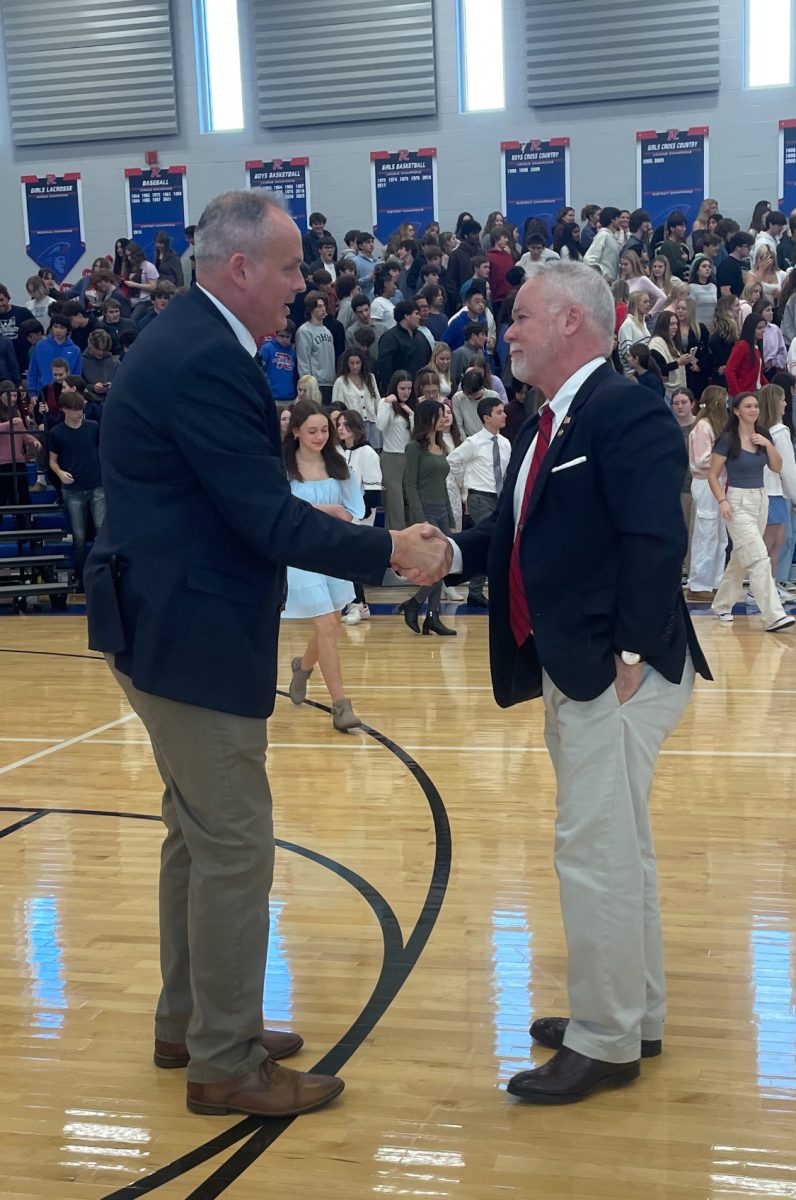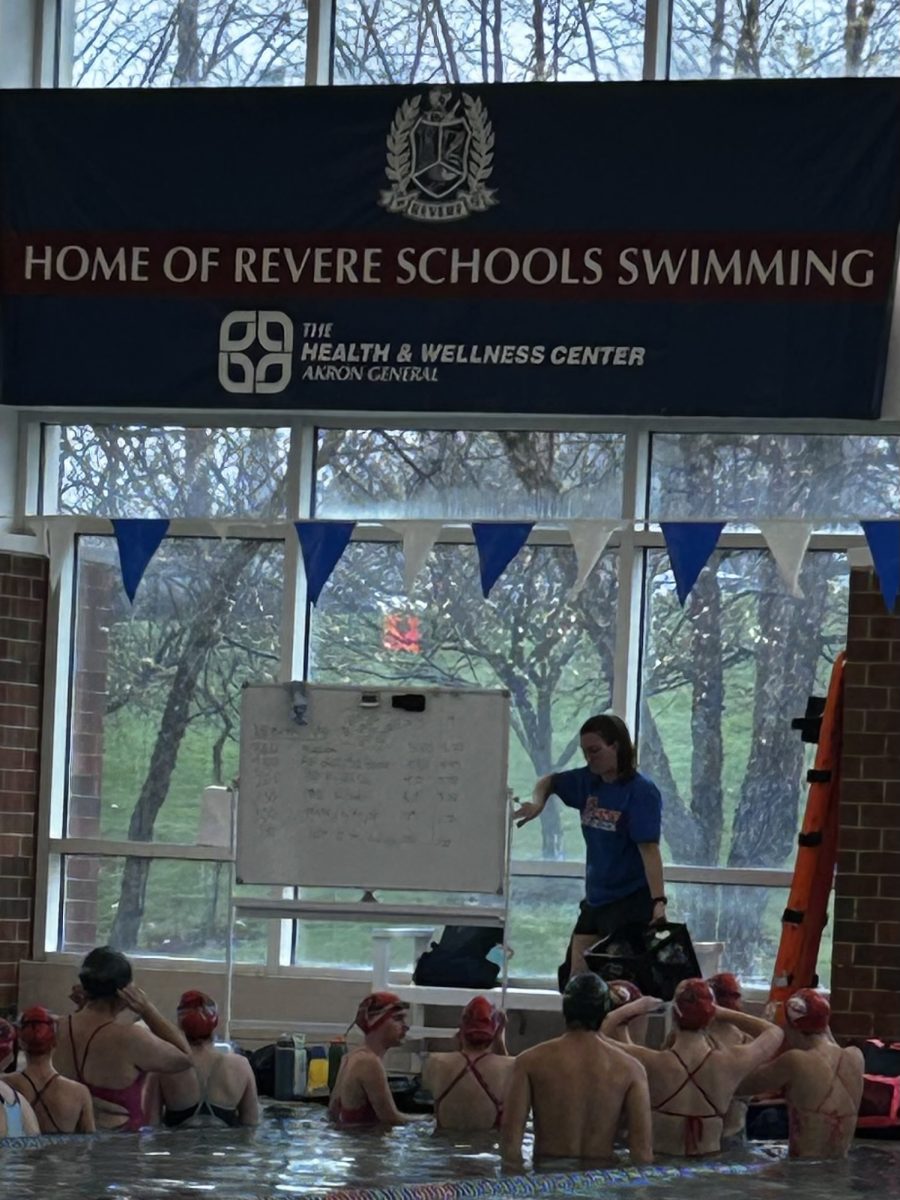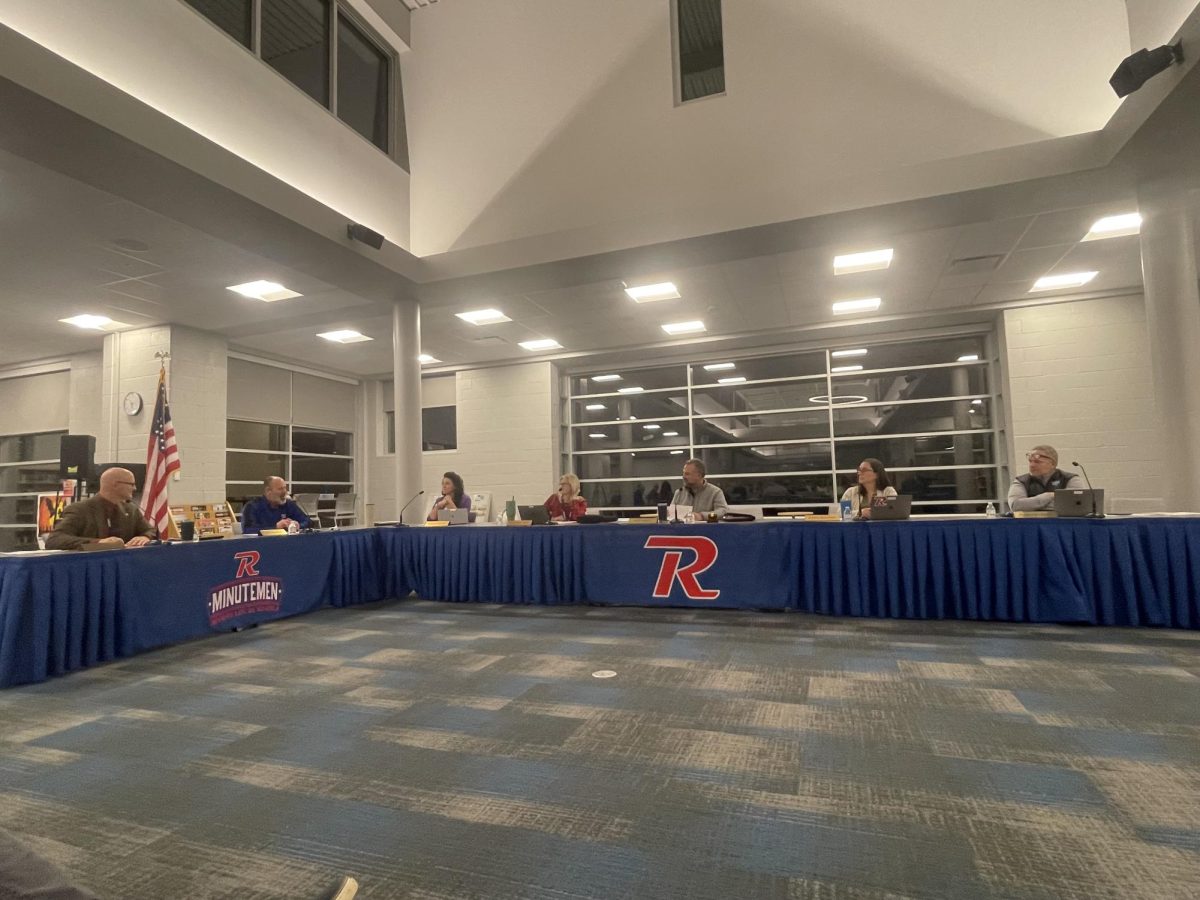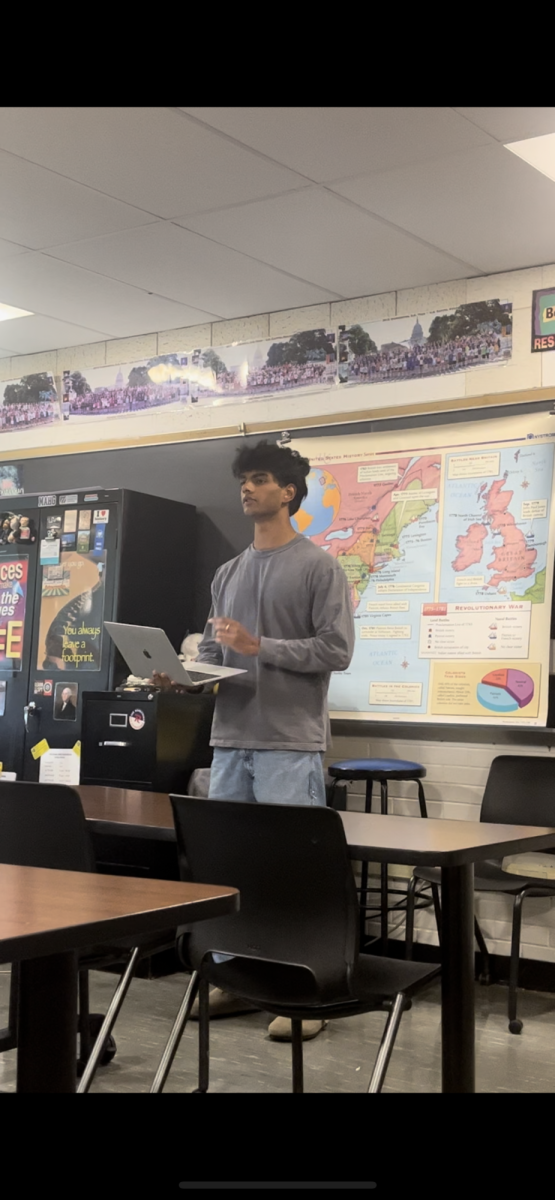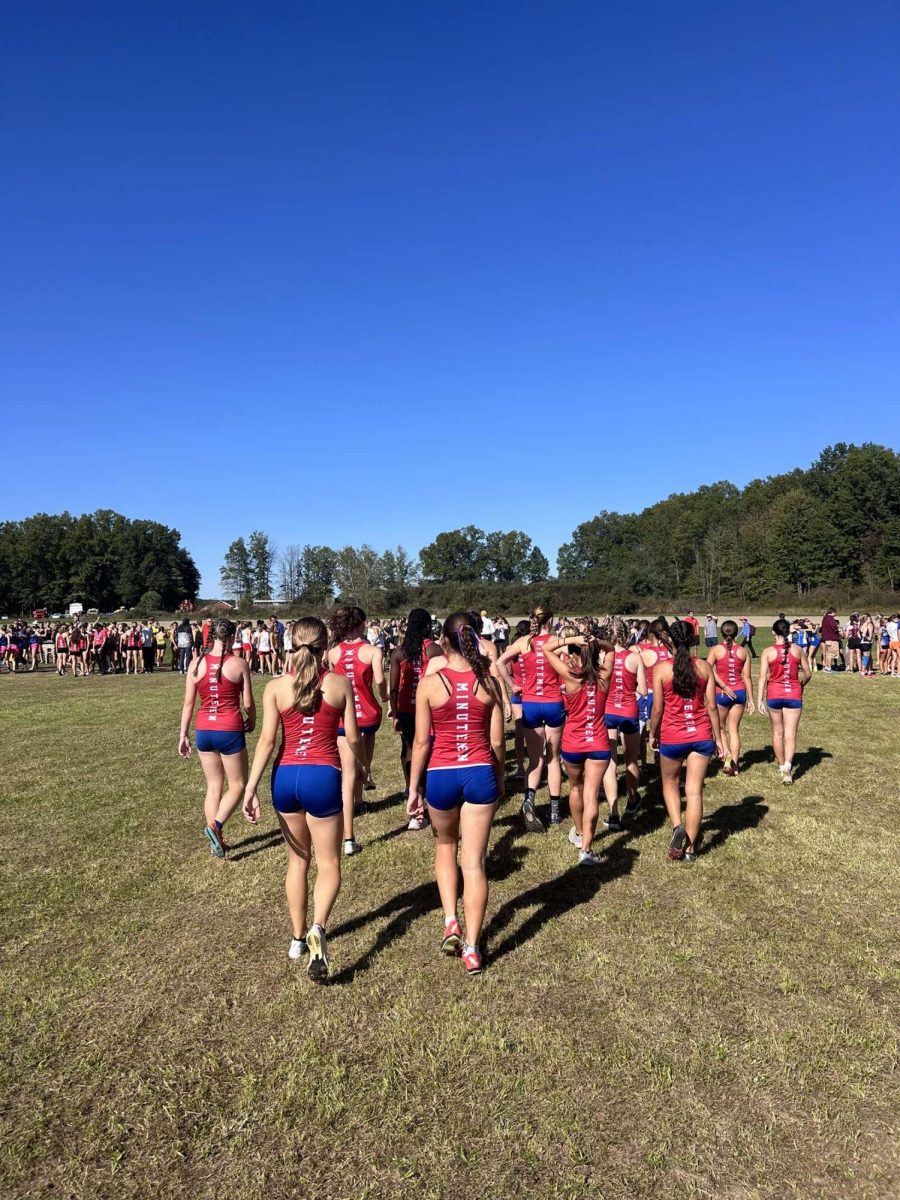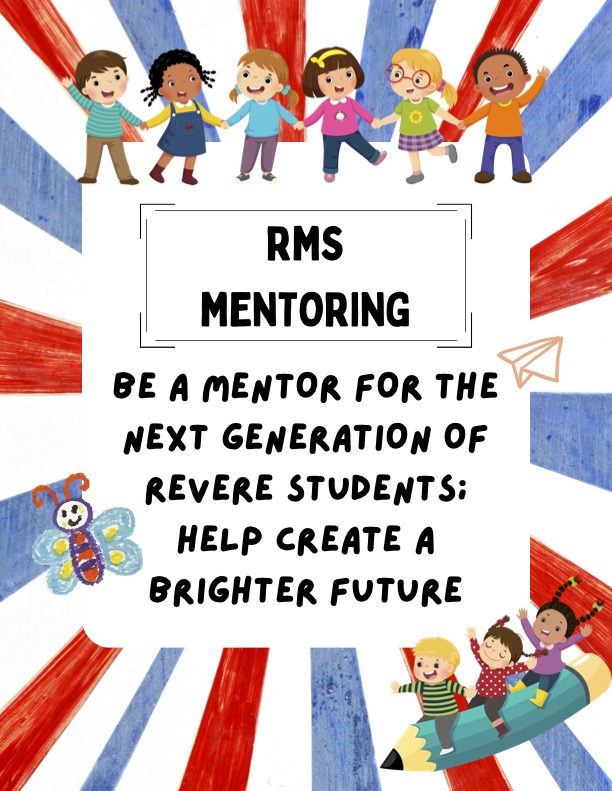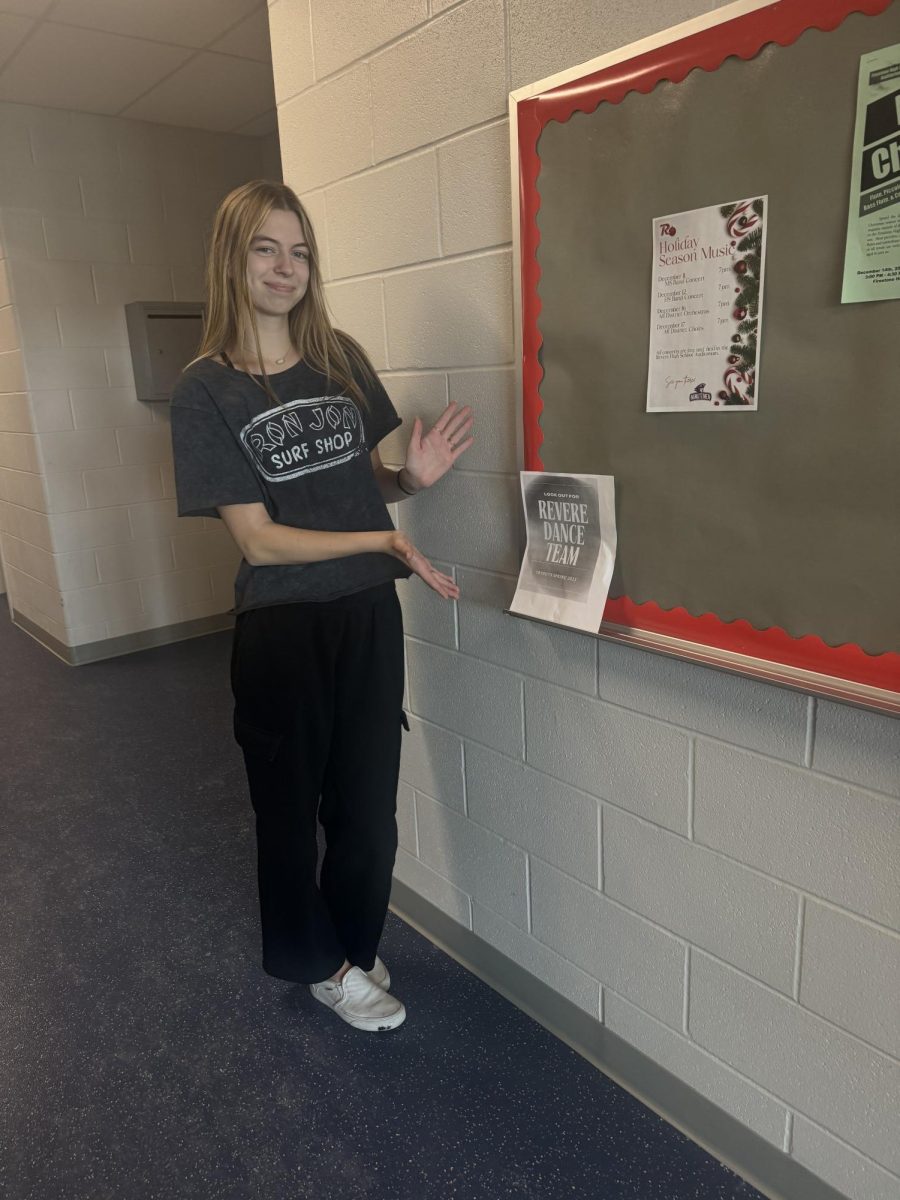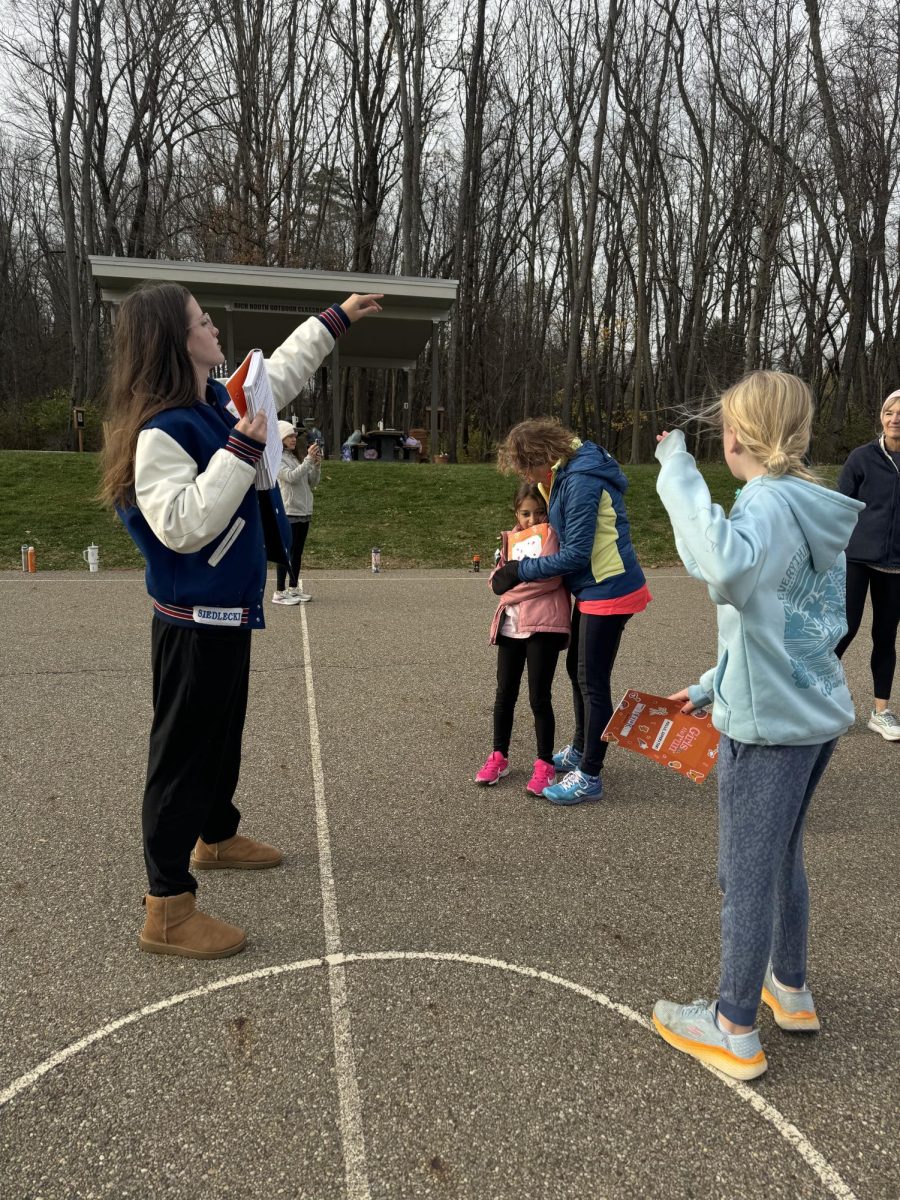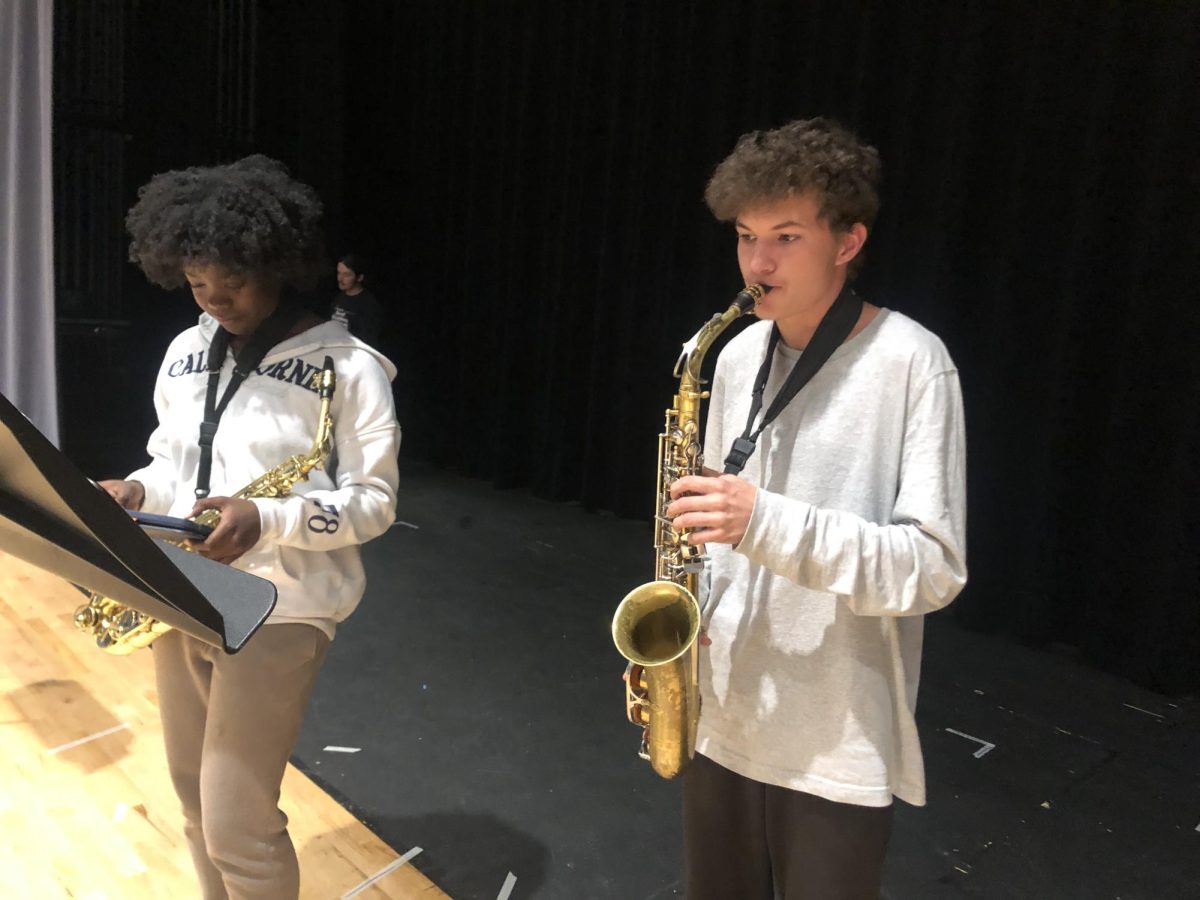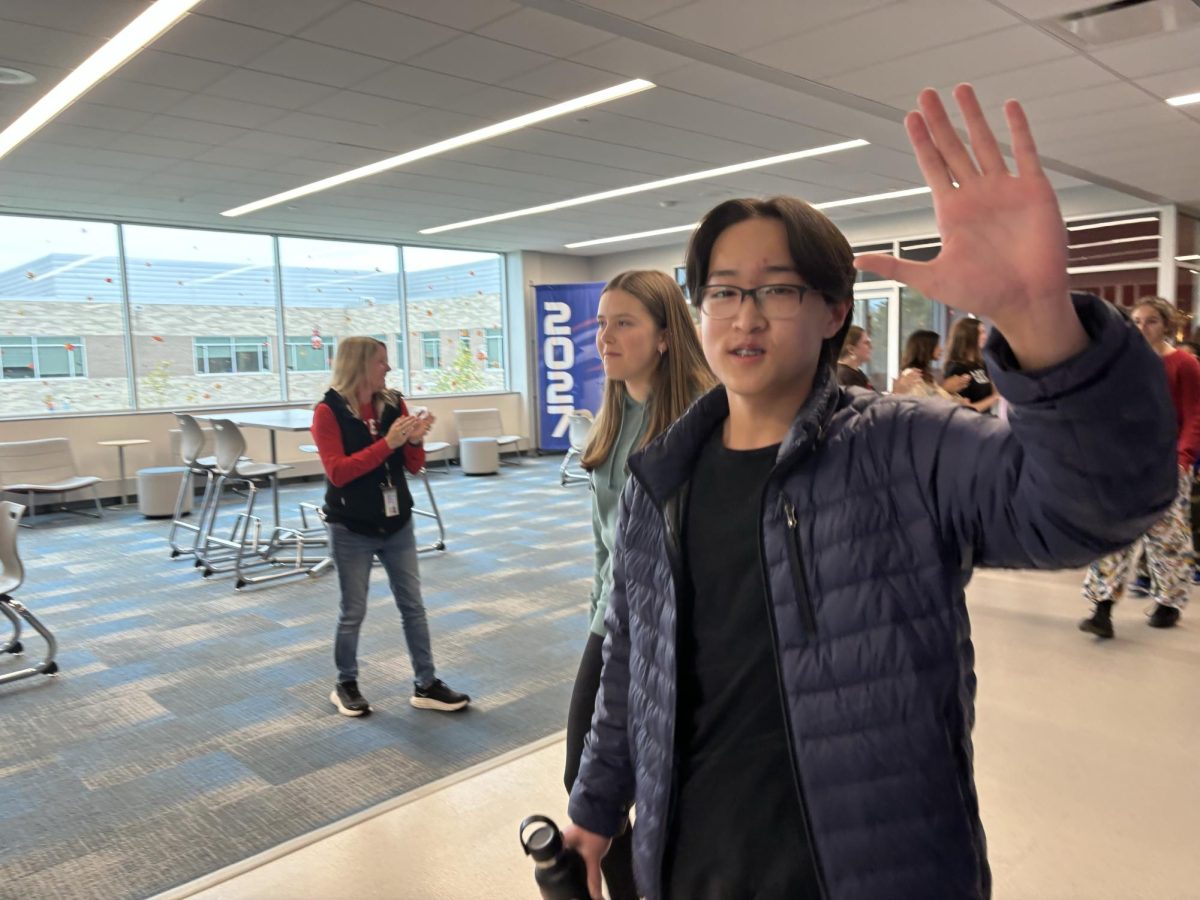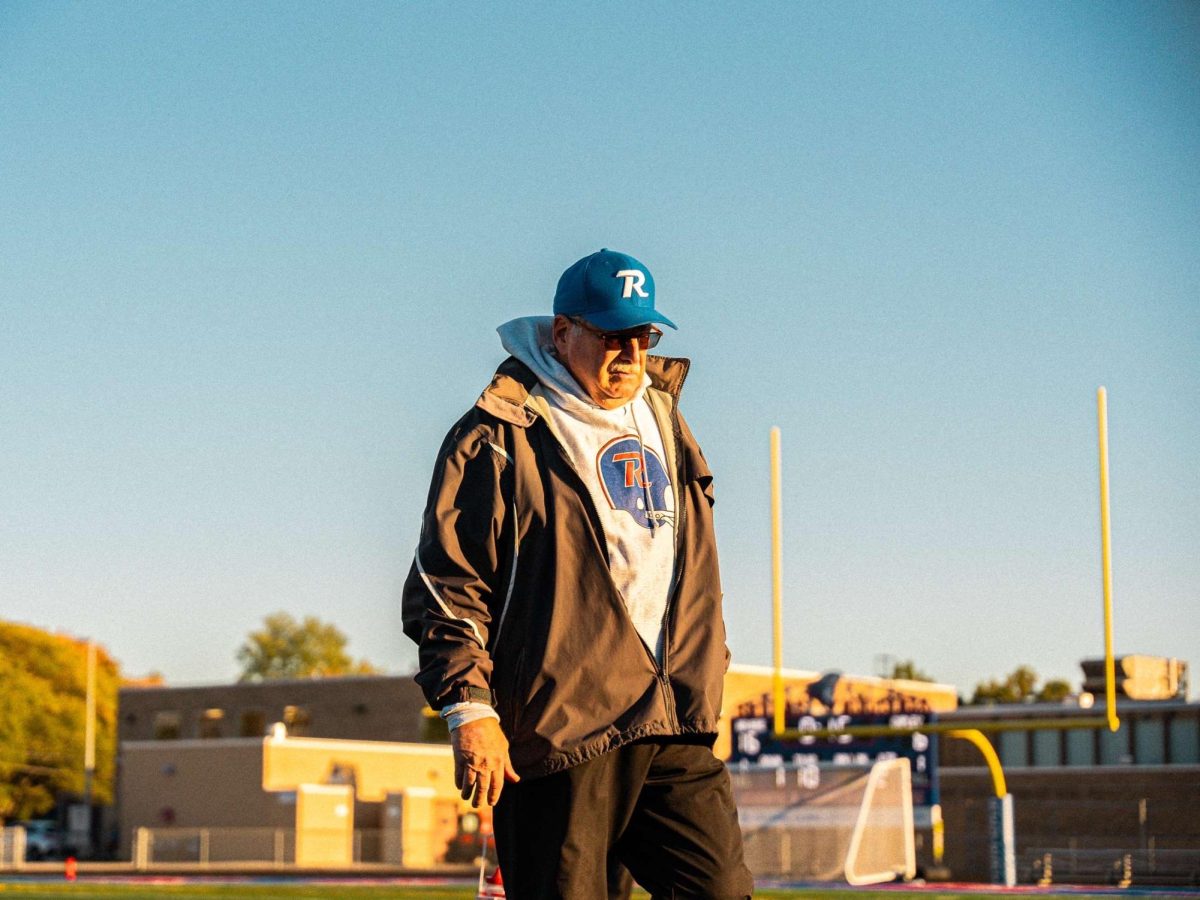Revere High School has provided next generation iPads to the Freshman class due to the decaying quality of the previously issued units.
Revere’s Technology Department decided the best course of action was to replace the district’s old iPads with newer and more up to date versions of the technology. Four years ago they created a plan to replace them and put it into action this year. The next step is to replace the iPads for the rest of the grade levels, excluding Seniors, and then work to replace the faculty’s iPads.
Though the cycle for the recycling of iPads is for every third grader and ninth grader to receive one, this year the rollout became much more frequent, as the iPads began to malfunction. Sam Diruzza, Revere’s technology specialist, explains the key differences between the old iPads and the new units, and why they serve as a major improvement.
“Number one, it’s newer technology. I mean, five years in technology makes a big difference. The processor’s faster, there’s more memory, the operating system is updated to the newest that’s out there and the apps are all updated, so they should work much faster,” Diruzza said.
The iPad switch could also have to do with certain complaints from students about the old iPads, as explained by Revere principal, Andrew Peltz, who worked with John Schinker, the director of technology at Revere, to confirm the logistics of the switch.
“The biggest complaint was the cases and charging, so we took a look at trying to find a case that didn’t have a wonky charging component to it. Then also, the keyboards are supposedly more durable and more user friendly,” Peltz said.
Issues with the cases, as well as the Logitech crayons that it comes with, were outdated and are now improved with the new devices. Diruzza explained the key differences between not just the functionality of the devices but that of the cases and keyboards as well.
“It’s the same company that we used with the old ones, but they’ve also improved greatly because now they’re one piece and they’re attached. The keyboards are nicer, the cases are much nicer as far as protection and fit,” Diruzza said.
The department has received these complaints about the dated iPads for a long time now. Schinker started at Revere four years ago, and the state of the iPads was the primary issue at hand.
“One of the things that I [have been] working on for the last several years is trying to find a way to make sure that we stay up to date,” Schinker said.
Schinker created the cycle of recycling the iPads because it is important for students to have functioning electronic devices in the modern era. Michael Tefs, the superintendent of Revere, touched on this subject, explaining why he thinks that it is so vital to keep electronic devices up to standard. He makes sure the school has the budget and resources to put the change to action.
“I think it’s a matter of if we’re doing it right, it’s an opportunity to, one, work smarter not harder, but also make sure that the curriculum is just as engaging and as relevant as it can be,” Tefs said.
Once the department had made the decision of switching the iPads, the next thing to deal with is the financial aspect, making sure that the school could afford to provide new technology. Schinker was the one to deal with the budgeting, and explained the complex process.
“Our initial purchase of the iPads back in 2018 was a lease, and so we were making lease payments for five years on that. We made the last payment in 2022, so now that money that we were previously using to make lease payments on the devices you have now, we can start using for new ones, and so that has helped a little bit,” Schinker said.
Once the budget is set, another question comes into play: what to do with the old iPads that students are no longer using? Schinker explained what the process of finding a place for the old devices entails.
“We keep a certain amount of them because there are still, you know, plenty of the old ones out there, so we use those for replacement or repair. But the ones that are beyond repair, we sell to a third party that takes them in,” Schinker said.
Now that certain grades have the new iPads, the technology department will work on acquiring the next batch of iPads to provide the other grades, as well as faculty and staff members. Tefs reiterates Schinker’s cycle by explaining the reason for the freshmen getting iPads before the rest of the grades.
“[Schinker] inherited a model where they bought everything at one time. That model doesn’t work because you don’t want every single device to fail at the same time,” Tefs said.
The rest of the iPads should get distributed to the tenth and eleventh graders around January, according to Schinker.

